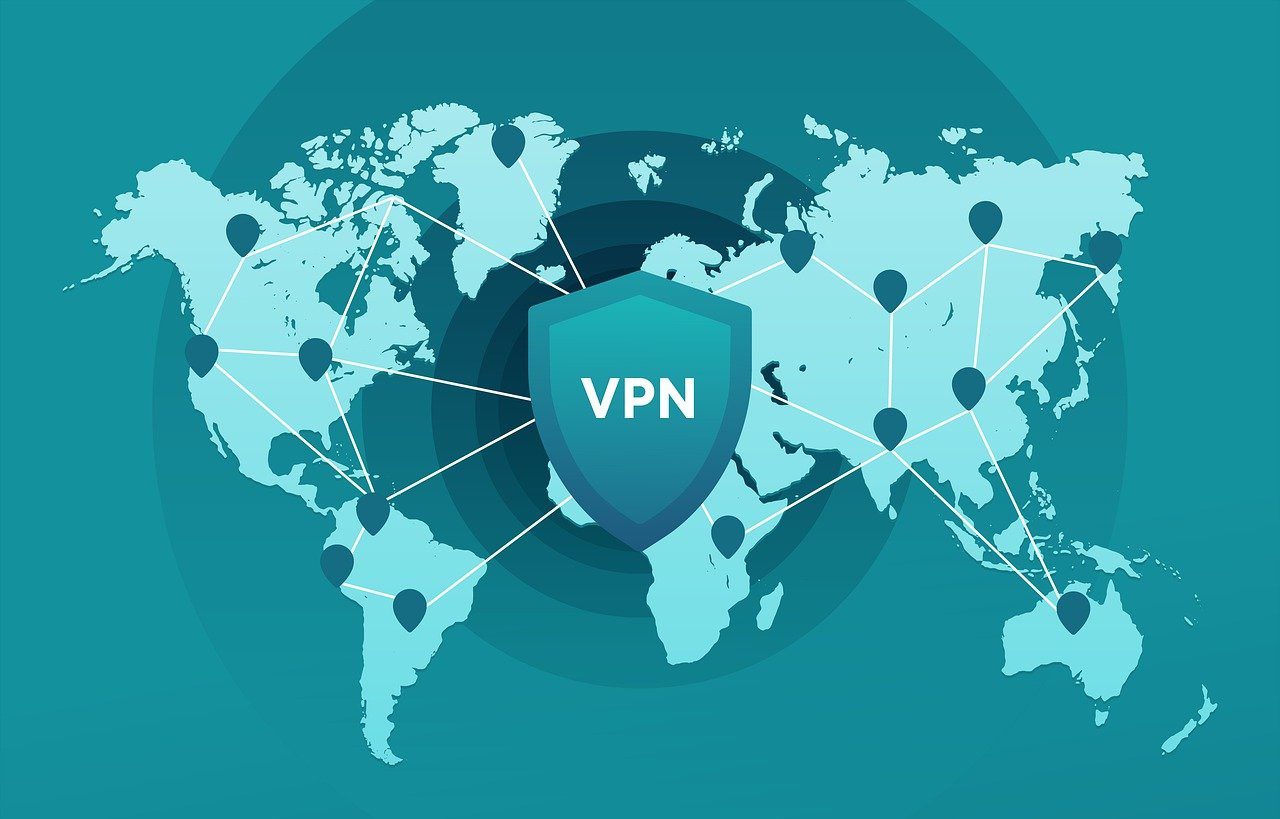
The cost of being ignorant about one’s cybersecurity in today’s world of hackers, data leaks, and malicious activities on the internet is huge. Make no mistake, ignorance will not exempt you from the consequences of a breach in your data privacy. Many people go the extra mile to boost their digital security because it is very important to keep all the sensitive information on our devices out of the prying eyes of ‘never-do-wells.’
Choosing to use a VPN is a smart digital security move. Whether free or paid VPN, it shows an effort to boost your safety on the internet, which is very commendable. If you are wondering how the VPN guarantees your privacy and keeps your data safe in the digital space, the information below is for you.
VPN: What is it and how does it work?
A VPN (Virtual Private Network) is a private network that ensures security by using encryption over a public network like hotel Wi-Fi or your home internet provided by your ISP. With a VPN, you get to browse the internet without revealing your true identity. It is pretty much like wearing a mask to be anonymous for your safety’s sake. Aside from concealing your IP (Internet Protocol) address or online identity to ensure privacy, you are able to use Wi-Fi in public places without fear of hackers.
How does a VPN work? Using a VPN is often as easy as clicking a couple of buttons but there is a whole process that happens behind the curtains. As soon as you turn on your VPN, a server takes it up from there and reroutes your internet activities via your VPN’s IP address, thereby concealing your location and your real identity. Hence, browsing via a VPN, encrypts your traffic and ensures no one can see your online activities. Aside from security and privacy, people also opt for VPNs in order to access restricted content like country-specific shows on Netflix or mobile banking services.
Another reason why people use VPNs is to protect themselves from despotic governments that restrict freedom of speech. In Russia, China, and the United Arab Emirates, the use of VPNs is thwarted by state laws. However, in other countries of the world VPNs are legal and can be used to guarantee safety from hackers, prevent being spied on by anyone (even your ISP), and keep your devices secure. As you decide to opt for a VPN to enjoy these advantages, you will be faced with the decision to choose between a paid and free VPN. If you wonder what differentiates these two, read on to find out.
What is the difference between Free VPN and Paid VPN?
The simplest distinguishing factor between a free and a paid VPN is that you can get VPN services at no monetary obligation when using a free VPN while you will have to make a monthly or annual financial commitment to use a paid VPN. However, there is more to this. What a free VPN offers and what a paid one offers are quite different.
Depending on the VPN service you use, you may have access to free VPN services that last for some hours per period time or unlimited service. Either case, you have to pay nothing. However, the speeds, advanced features, and quality of encryption will not be as high as you may want it. Free VPNs are quite limited, having fewer servers in fewer locations and quite a small number of possible simultaneous connections across devices.
On the other hand, a paid VPN guarantees faster internet service, access to enhanced features, stronger encryption, and thousands of servers in many locations. With one subscription, you would be able to enjoy the basics plus additional high-end features on multiple devices with swift, almost instant support from your service providers any time.
Conclusion
Still trying to pick a side of this debate? This checklist below will help you see everything at a glance. Take a look at this table and make a decision that meets your current privacy and security needs on the internet.
| VPN Features | Free VPN | Paid VPN |
| More simultaneous connections | – | ✓ |
| Unlimited bandwidth | – | ✓ |
| Swift and stable connection | – | ✓ |
| Hidden IP address | ✓ | ✓ |
| Strong data encryption | ✓ | ✓ |
| Global servers | – | ✓ |
| Zero monetary commitment | ✓ | – |